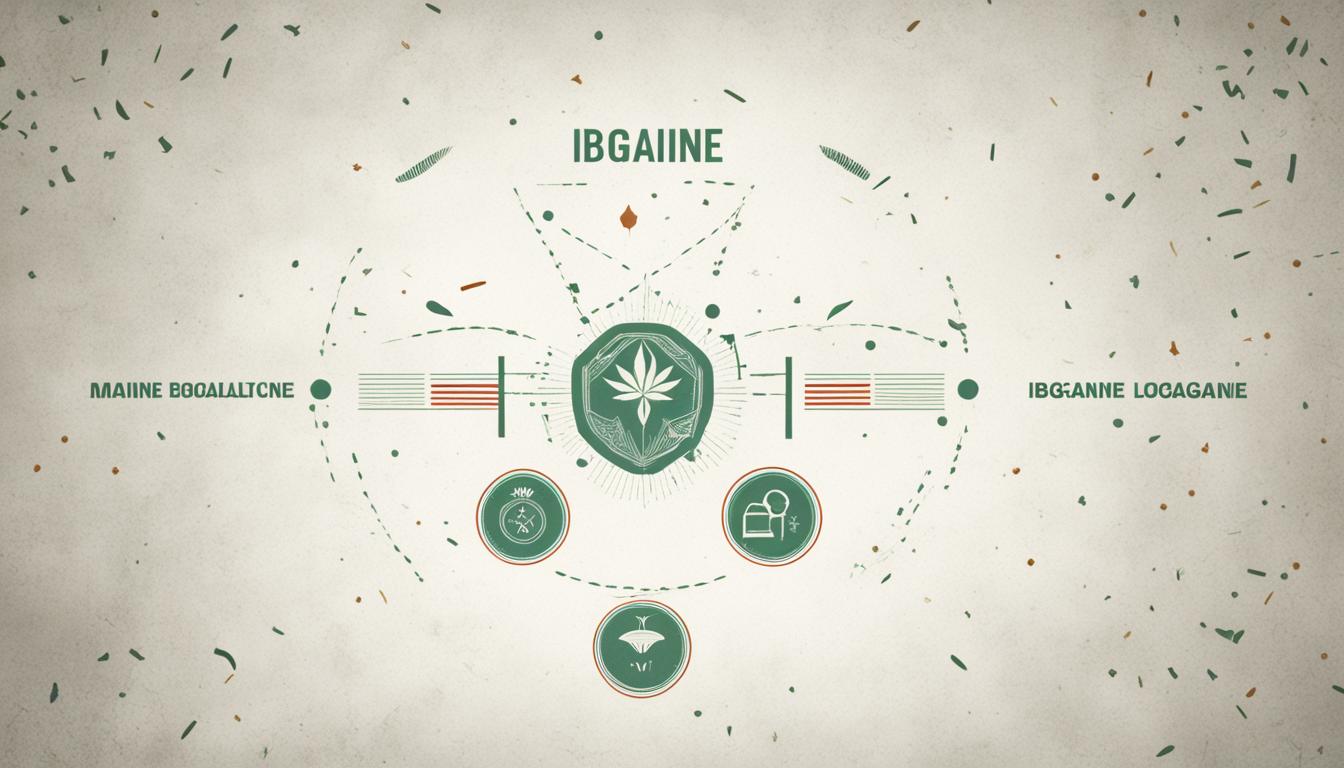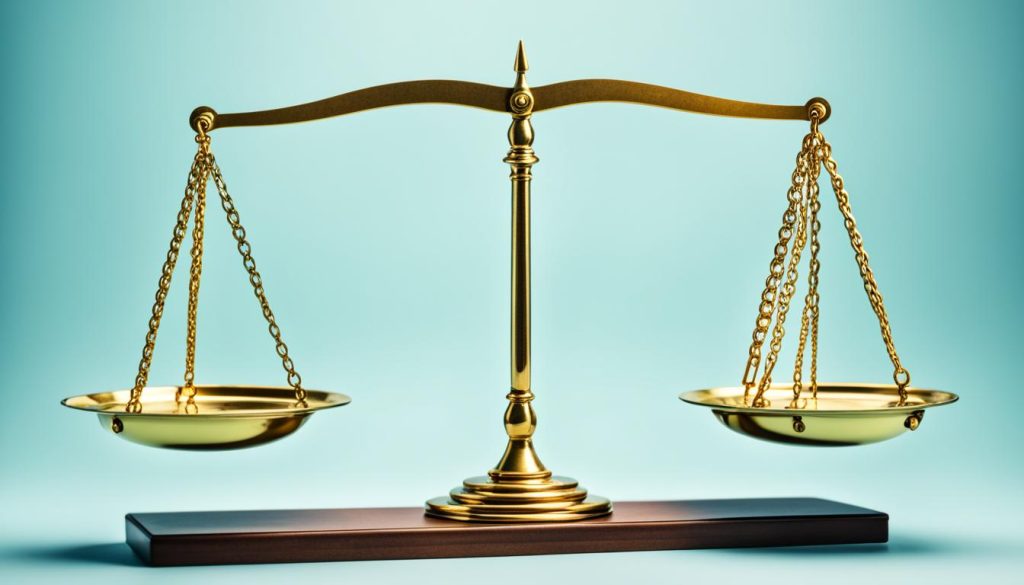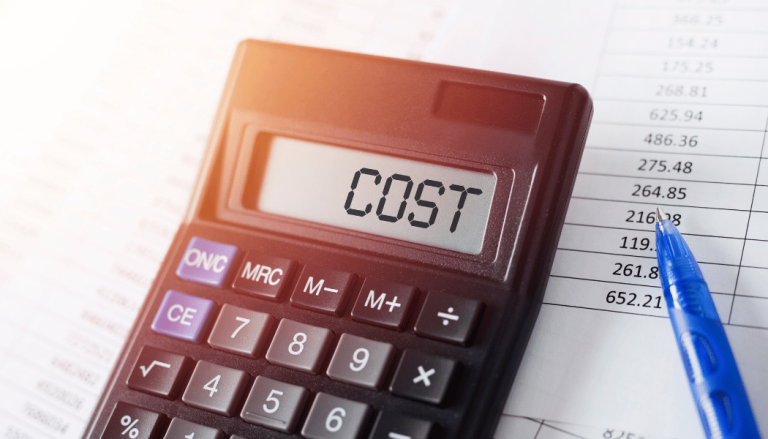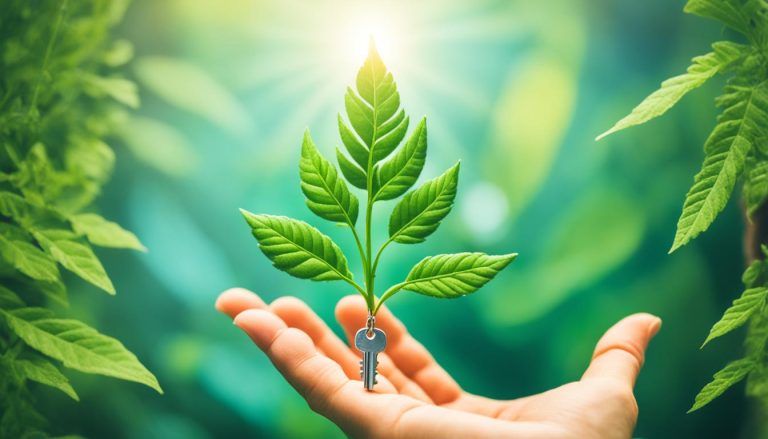Is Ibogaine Legal?

The legal status of ibogaine is drawing more attention in the United States. This is because of its promise in therapy. Right now, ibogaine is a Schedule I drug, according to the Controlled Substances Act. That means the law sees it as highly addictive with no medical benefits.
The United States Drug Enforcement Administration (DEA) and the Food and Drug Administration (FDA) keep a tight grip on ibogaine. This is similar to how they deal with other psychedelics. However, there’s a growing conversation about its medical uses, especially for fighting addiction. This talk could change how it’s regulated down the line.
Key Takeaways
- Ibogaine is a Schedule I substance in the U.S., indicating high abuse potential and no accepted medical use.
- DEA and FDA regulations strictly control the use and distribution of ibogaine.
- Research is being conducted to explore ibogaine’s potential medical benefits, particularly in addiction treatment.
- Current legal status may change based on ongoing research and advocacy efforts.
- Users and prospective patients should remain informed about legal implications.
Understanding Ibogaine and Its Uses
Ibogaine comes from the Tabernanthe iboga plant found in Central Africa. It’s known for strong psychoactive effects. People are looking into it for possible health benefits.
What is Ibogaine?
In Africa, ibogaine has been part of spiritual and healing ceremonies. It comes from the iboga root and has powerful effects on the mind. Understanding its use in ancient rituals helps us see its potential in modern medicine.
Common Uses of Ibogaine
Nowadays, ibogaine is used for more than just rituals. It’s seen in holistic medicine for mental clarity and emotional healing. Studies show it might make people feel better and fight psychological issues.
Ibogaine as a Treatment for Addiction
Ibogaine is also used to fight addiction. Some studies and stories show it helps lessen withdrawal and cravings. Yet, its effectiveness and safety are still debated. Researchers are trying to learn more about how it works for addiction.
Psychedelic Drug Laws in the U.S.
Psychedelic drug laws in the U.S. form a complex puzzle. They mix federal rules with state laws. Knowing these rules is key for anyone exploring the legal side of psychedelics, like ibogaine.
Federal Laws Regarding Psychedelics
Under U.S. federal laws, psychedelics fall into the Controlled Substances Act. Here, many are listed as Schedule I drugs. This means they’re seen as having a high abuse risk, no medical use, and unsafe even with medical oversight. As a result, the federal law tightly controls psychedelics like ibogaine. Making, sharing, or having them without approval from the DEA or FDA is banned.
State-by-State Variations
Even with strict federal laws, states differ greatly on plant-based psychedelics. Some states stick closely to the federal approach. Yet, places like Oregon and Colorado are moving to decriminalize some psychedelics for health and therapy. Such moves show a shift in how we see plant-based psychedelics. This change comes from new research and people speaking out for their benefits.
| State | Status | Notes |
|---|---|---|
| Oregon | Decriminalized | Measure 109 permits the therapeutic use of psilocybin. |
| Colorado | Decriminalized | Denver voters passed Initiative 301 to decriminalize psilocybin mushrooms. |
| California | Partially Decriminalized | Local jurisdictions like Oakland and Santa Cruz have decriminalized plant-based psychedelics. |
| Nebraska | Prohibited | Strict adherence to federal regulations without exceptions. |
While the federal government keeps a tight leash on psychedelics, states are changing their stance. This ongoing change hints at a future where psychedelics might be more accepted and regulated for their therapeutic uses.
Is Ibogaine Legal?
The ibogaine legal status in the United States is a heated debate. Currently, ibogaine is labeled a Schedule I substance. This means it’s illegal to have, use, or share it. It’s grouped with other drugs seen as highly addictive with no medical value, making it hard to access or use.
Yet, the scene around ibogaine regulations is changing. Legal battles are shaping discussions about legality of ibogaine in the US. These battles highlight its possible benefits, particularly in treating addiction. Meanwhile, some states are warming up to psychedelics like ibogaine. They are considering less strict rules and pushing for research rights.

A specific case brought up federal versus state power issues. Federal laws are tough, but some places want to lighten up based on new science about ibogaine’s potential. This situation shows the deep discussions happening nationally and locally. It could lead to new rules about ibogaine.
People in favor of ibogaine say laws need to catch up with science. Currently, there’s a clash between national bans and state movements aiming for change. Everyone involved, including healthcare workers, must stay informed. Laws and opinions are shifting, making it vital to stay updated on ibogaine regulations.
“The evolving landscape of ibogaine regulations underscores a dynamic intersection between emerging scientific research and established federal policies,” notes a legal expert in psychedelic regulations.
Although the federal view is restrictive, a growing push for rethinking ibogaine’s status is visible. Monitoring these changes can offer a deep look into the legality of ibogaine in the US. It also hints at possible future policy updates.
Ibogaine Clinics and Treatment Centers
If you’re thinking about ibogaine therapy, know what to expect and how to find good centers. This part gives the key info for making this big choice.
What to Expect at an Ibogaine Clinic
In ibogaine clinics, expect a supportive setting. It starts with a deep health check to see if ibogaine is right for you. This includes medical tests, mental health checks, and knowing your health history.
The therapy could last from 1 to 5 days, based on what you need. Doctors watch over you the whole time. They watch your health closely and help with any side effects. After treatment, they help you blend back into everyday life. This support is key for long-term success.

Finding a Reputable Clinic
Choosing a good ibogaine clinic takes research. Look for clinics with skilled medical staff. They should know a lot about addiction and psychedelic therapy.
Make sure the clinic follows the law. Check their reputation through reviews and accreditations. Good clinics are open about costs and what the treatment involves. They also talk about the risks.
Below is a table that shows what good ibogaine centers offer:
| Criteria | What to Look For |
|---|---|
| Medical Supervision | 24/7 onsite medical staff, emergency protocols |
| Clinical Environment | Clean, accredited facilities, appropriate licensing |
| Post-Treatment Care | Integration support, therapeutic follow-ups |
| Patient Reviews | Positive testimonials, high ratings |
Finally, the best clinic is one that’s been checked out well. By taking your time, you can find a clinic that fits your needs. This careful choice makes your treatment safer and more effective.
Potential Legal Consequences of Using Ibogaine
The legal scene around ibogaine is complex and full of risks. People thinking about using it need to fully understand the legal issues. In the United States, ibogaine is seen the same way as drugs like heroin and LSD. It’s known as a Schedule I substance. This means it’s thought to have a high abuse chance with no medical use.
Using ibogaine is not just a health risk but also a legal one. Having, sharing, or using ibogaine can lead to big penalties. These include fines, jail time, and even a criminal record. Federal and state authorities are serious about catching those who break these laws.
Even using ibogaine for personal medical reasons or to treat addiction doesn’t lessen the legal dangers. Following the law is crucial. Any law-breaking can result in severe legal actions. To avoid these penalties, some people go to countries where ibogaine is legal.
Legal advisors stress the seriousness of the potential legal issues of ibogaine treatment. They highlight the need to stay up to date on laws. Both federal and state rules matter, and states can vary in how strictly they enforce these laws.
In conclusion, dealing with ibogaine’s legal challenges demands careful research and knowing the laws well. Even though the benefits might seem appealing, the legal risks of using ibogaine are big and worth serious thought.
The Future of Ibogaine Legality
Many people wonder about the future of ibogaine’s legal status. Studies on ibogaine and advocacy groups are important. They help shape possible changes in the law.
Current Research and Advocacy
Research on ibogaine greatly affects its future legality. Many studies focus on its use in treating conditions like addiction. Groups like the Multidisciplinary Association for Psychedelic Studies (MAPS) are leading the way. They advocate for ibogaine’s benefits through science.
This work is essential. It helps change how the public and lawmakers view ibogaine.
Possible Changes in Legislation
Advocacy groups are working hard to change laws. They want to rethink ibogaine’s current legal status in several states. This is because of strong evidence and support from groups like MAPS.
As these efforts continue, the outlook for ibogaine’s legality gets brighter. We could see it being used more in medicine soon.
Conclusion
This article explored ibogaine’s legal issues and its growing role in treating addiction. We looked at laws and ibogaine clinics. Yet, ibogaine’s legal status is still a big hurdle for those wanting its benefits.
We’ve seen ibogaine’s success stories but also know legal limits are in the way. Advocates and researchers are key to potentially changing the law. They aim to make ibogaine a recognized treatment option in the future.
Looking forward, accepting ibogaine legally seems complex. But, hope exists for those who see its value in addiction treatment. Continued efforts to understand the law and advocate for change are crucial. This discussion offers a careful yet optimistic view on ibogaine’s legal future.






